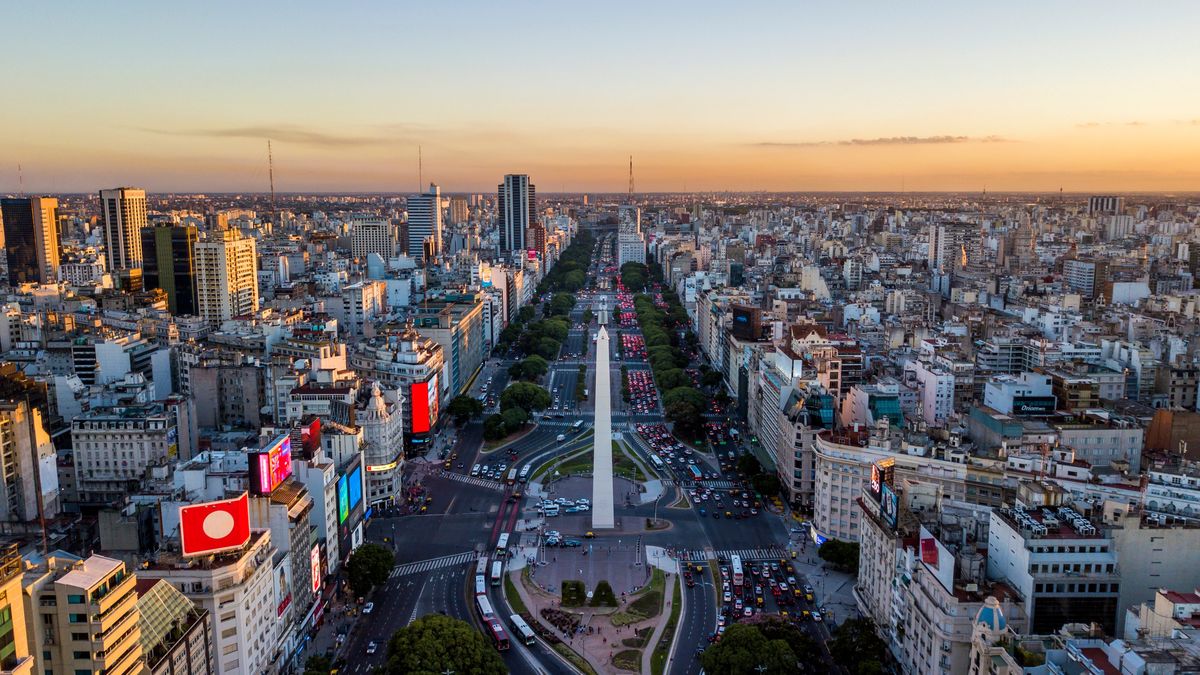By adding to the challenges that cities have always faced, the complexity characteristic of any metropolitan region, we will not be able to achieve the objective of overcoming them if the metropolitan is not incorporated as a dimension of analysis when planning policies, infrastructures and services.
For this reason, from the Legislature of the Autonomous City of Buenos Aires, of which I have had the honor of being First Vice President in these last two years, we have contributed our grain of sand by institutionally promoting the debate of ideas and actions on our metropolitan region, always including the plurality of voices, visions and identities, which we represent in this and other parliaments of the region, but with the shared conviction about the need to move forward in that sense.
First of all, as part of the process of updating the Urban Environmental Plan of the CityAs regards its Metropolitan chapter, we have developed an innovative experience that laid the foundations for future cooperation actions. Based on an invitation from COPUA, we proposed to expand the call and design a collaborative participatory process that included not only representatives of civil society and academics, but also members of the executives and legislatures of the municipalities of the metropolitan region of Buenos Aires.
The response was broad and encouraging: throughout a process that lasted one year and consisted of 16 thematic meetings, we were able to build a diagnosis and common proposals, which will be the basis for the parliamentary debate for updating the Urban Environmental Plan.
Also understanding that the legislative bodies have a responsibility to generate a greater interjurisdictional articulation by thinking about our legislation from a metropolitan perspective; We proposed to the Deliberative Councils the signing of Parliamentary Cooperation Agreements.
This policy aspires not only to share knowledge and resources related to technical and administrative issues – specific to the specificity of our Corps – but also to generate spaces that allow us to build common views on issues that are regional in nature, providing coherence and meaning. metropolitan to our regulatory framework.
As a result of these agreements, we held an International Seminar on Mobility and Gender together with the Deliberative Council of La Plata and the Metropolitan Foundation, which provided guidelines that can be used by the municipalities of the region. We are convinced that activities like the ones we propose will deepen the level of relationship and assistance between the different government actors over time.
Training and promoting the debate on metropolitan issues were also part of our agenda. Through courses and workshops, which addressed various issues related to the management of large cities, almost two thousand participants in our training proposals accessed content developed by important national and foreign leaders, and by local managers who shared their experiences with us. At this moment we are concluding the first Metropolitan Workshop together with the Central Society of Architects and the Deliberative Councils of Vicente López and Tigre, which, beyond the training modules, raises the development of proposals for the north corridor of the AMBA.
Another strong action that we developed was a wide participation seminar whose presentations we return to in a publication that will soon come to light and which, together with new contributions, complete a diagnosis of the region and the progress in terms of cooperation and coordination of public policies; at the same time, it proposes a roadmap with different alternatives to move towards a regional governance model.
This cycle of exhibitions has been developed with the Covid-19 pandemic as a context, which is why the need for the articulation of public policies and the generation of institutional spaces for interjurisdictional coordination was more evident than ever. The citizens who inhabit the metropolitan territory began to speak of the Metropolitan Area of Buenos Aires as never before.
And together with the question of what the AMBA is and how it is integrated, the certainty arises that there is no longer room to continue postponing the debate and the actions conducive to promoting higher levels of cooperation between jurisdictions, which will lead us in the near future towards a metropolitan governance.
Rethinking how the metropolitan region of Buenos Aires is managed, where at least sixteen million Argentines live, is for me one of the great challenges we face as a nation. Promoting a territorial rebalancing of our country, another of the great pending issues, necessarily implies proposing a new growth model for our conglomerate, and that can only be achieved through frank and open dialogue between all the actors that are part of the AMBA.
First Vice President of the Legislature of the Autonomous City of Buenos Aires
Source From: Ambito




